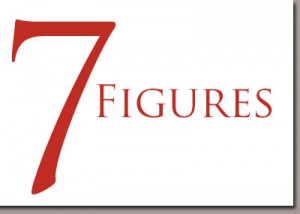 A new Pew Research Center survey examines how voters feel about the religiosity of presidential candidates. Here are seven figures you should know from the report:
A new Pew Research Center survey examines how voters feel about the religiosity of presidential candidates. Here are seven figures you should know from the report:
1. More than half of Americans (51 percent) say they would be less likely to vote for a presidential candidate who does not believe in God. (This is down from 63 percent in 2007.)
2. About half of U.S. adults say it’s “very important” (27 percent) or “somewhat important” (24 percent) for a president to share their religious perspective. This view is particularly common among Republicans, among whom roughly two-thirds say it’s at least “somewhat important” to them that the president share their religious beliefs.
3. Relatively few Republicans think Trump is a particularly religious person. Overall, 44 percent of Republicans and those who lean toward the Republican Party say Trump is a “very religious” (5 percent) or “somewhat religious” (39 percent) person, while 47 percent say he is “not too religious” or “not at all religious.” By contrast, fully eight-in-ten Republicans say Ben Carson is a religious person, three-quarters view Ted Cruz as a religious person, and seven-in-ten say the same about Marco Rubio.
4. More people view Clinton as “very” or “somewhat” religious than say the same about Sanders. This is true among both the public as a whole (48 percent vs. 40 percent) and those who identify with or lean toward the Democratic Party (65 percent vs. 47 percent).
5. Fully half of religiously unaffiliated registered voters (51 percent) think Sanders would be a successful president, while four-in-ten (42 percent) think Clinton would be a good or great president. Among black Protestant voters, about six-in-ten (62 percent) think Clinton will be a “good” or a “great” president, while 36 percent say this about Sanders. Among both groups (religious “nones” and black Protestants), just 15 percent or fewer think any of the Republican candidates would be good presidents.
6. Within their own party, more people in their own party than the opposing party view presidential candidates as religious. The biggest partisan gap is about Hillary Clinton: two-thirds of Democrats say she is “very” or “somewhat” religious, while two-thirds of Republicans say she is “not too” or “not at all” religious.
7. Half of Americans (51 percent) believe religious conservatives have too much control over the GOP, and more than four-in-ten (44 percent) think that liberals who are not religious have too much control over the Democratic Party.

